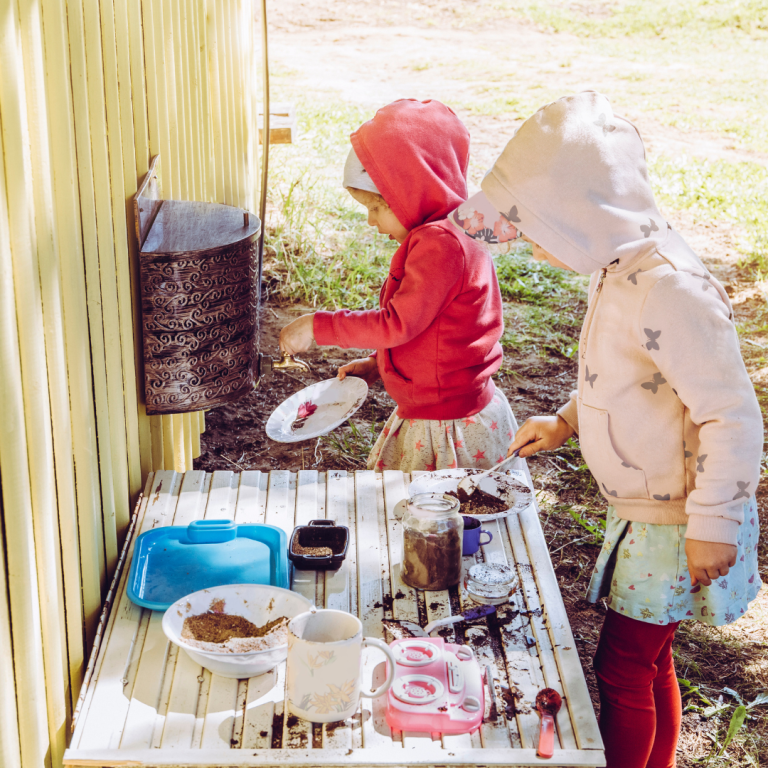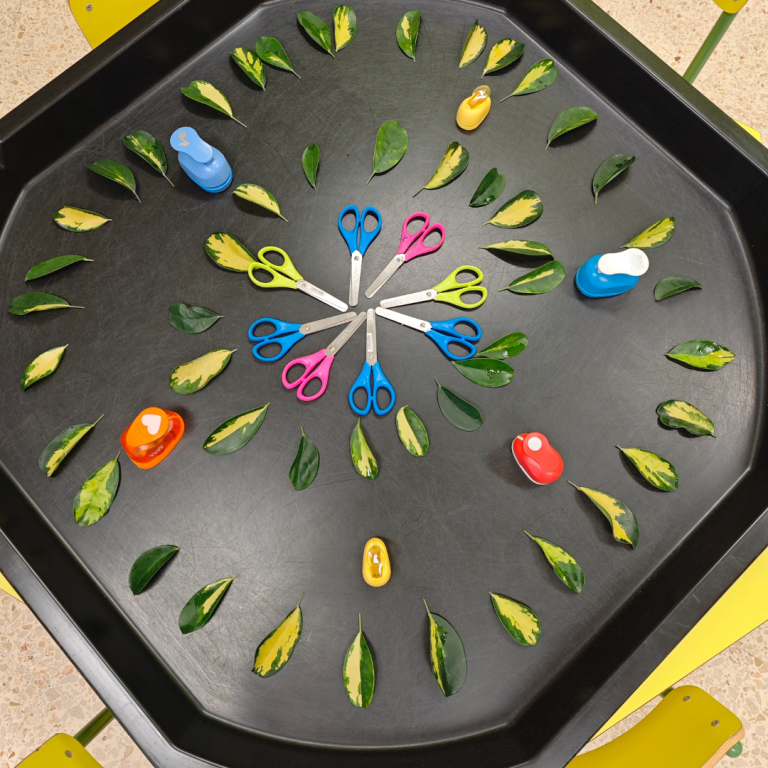Working hours
Mon - Fri: 8am to 5pm
Mon - Fri: 8am to 5pm
Share

Curriculum is one of those words that can feel a little heavy. With the new Ofsted inspection framework arriving in November 2025, it’s a word that will be coming up more and more in conversations across our sector.
But here’s the truth: curriculum is not the EYFS alone. And it’s not just the planning or theme you do each week.
The EYFS sets out the framework we must work within. Planning helps us think ahead, prepare resources, and respond to children’s interests. Both matter, but neither tells the whole story.
Your curriculum is something deeper. It’s your ethos, your vision, the golden thread that ties everything together. It’s about what you want children to learn, to experience, and to take with them as they grow.

An effective curriculum isn’t tucked away in a folder; it’s lived out in practice. You can see it, hear it, and feel it in the everyday moments of nursery life:
When curriculum is truly embedded, no one needs to “perform” it for an inspector. It is there every day — shaping experiences and guiding learning in an authentic way.

Planning plays an important role, but planning alone is not the curriculum.
Planning answers the what.
Curriculum holds the why.
It’s the difference between adding a sensory activity because “we always do it on a Thursday,” and choosing it because you know it supports language development, builds focus, and gives children the chance to make connections through play — meeting the needs of individual children.
Activities gain meaning when they are driven by the bigger purpose of your curriculum — when they are lifted off the page and lived in practice.

A curriculum can’t sit only in the manager’s head or on a statement pinned to the wall. For it to be effective, the whole team needs to understand it, believe in it, and bring it to life.
That means helping practitioners to connect the dots — between your ethos, the experiences you plan, and the children’s individual needs. It means giving staff the confidence to explain not just what they’re doing, but why it matters.
When every member of the team feels part of that journey, the curriculum stops being abstract. It becomes something lived and breathed together.

Inspectors won’t just ask about curriculum; they’ll want to see it in action. Under the new framework, they will go deeper — listening to leaders, talking with staff, observing practice, and most importantly, noticing what children are actually learning.
But curriculum should never be something you “perform” for inspection. It should already be there, embedded and alive in practice.
When curriculum is built around children’s needs and shared across the team, inspectors will see it — not because it’s been staged, but because it is genuinely how your setting works every day.

As you work with your team, it’s worth asking:
These aren’t checklist questions. They’re the start of professional conversations — the kind that deepen understanding and strengthen practice.

Curriculum isn’t something you finish. It evolves as children grow, as staff develop, and as your community changes. It’s shaped by reflection, refined by practice, and strengthened when everyone shares the journey.
The most effective curriculums are those that come alive through practice. They are carried by staff, reflected in children’s experiences, and rooted in the values that guide every decision.
When vision and action work hand in hand, curriculum is lifted off the page — engaging, authentic, and purposeful. It shapes confident learners and leaves a lasting impact long after children move on.
If, as you reflect on your curriculum, you or your team feel less confident about embedding it fully, a conversation can make all the difference.
Why not book a discovery call with one of our consultants to explore how we can support you and your team in bringing your curriculum to life with confidence and clarity?
Get in touch here
Kelly Shiels is the Early Years Consultant Lead at MBK Group.
She enjoys meeting new teams, celebrating their strengths and supporting them in overcoming their challenges with hands-on support and training. Helping a team to turn an undesirable inspection outcome around is her favourite part of the job.
Get in touch with Kelly here

With the ever-changing regulations and guidance, sign up to our monthly newsletter and mailings to stay current and keep up to date with running your childcare setting.
Simply enter your details below to join our mailing list.
By completing this form you are agreeing to our privacy policy You can unsubscribe at any time
